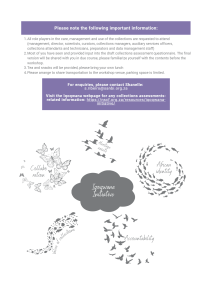
Iqoqwana Initiative
Introduction to the Iqoqwana Initiative: Facilitated Self-Assessments of the Natural Science Collections.
Iqoqwana means “a small group” in isiZulu and isiXhosa, and is derived from the word Iqoqo which means “group” or “collection”.
The flocking of birds, the swarming of insects and shoaling of fish. Many of us have seen this behavior – such a beautiful scene to experience. This occurs when individual animals gather into a group, to take a journey together. This offers feeding benefits and protection from predators. These groups display remarkable acts of coordination. This coordination is largely achieved when individuals adhere to principles of interaction which include autonomy, alignment, cohesion and shared leadership.
Iqoqwana Initiative signifies the coming together of small groups of people from different collections and institutions, working together for a common purpose: conducting these collections assessments with the purpose of learning and improving the state of the collections.
Initiative: A new action-learning journey which is ongoing and inspires people to take initiative a be forward looking.
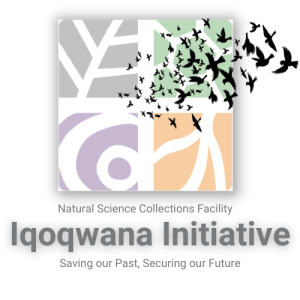
Saving our Past, Securing our Future: The collections that we hold and are taking care of are a representation of the past that we are working at saving, in order for future generations to have knowledge that will help them know and understand their heritage, as well as develop new innovations and improvements for a better future.
Launch | New Phase of Iqoqwana Initiative
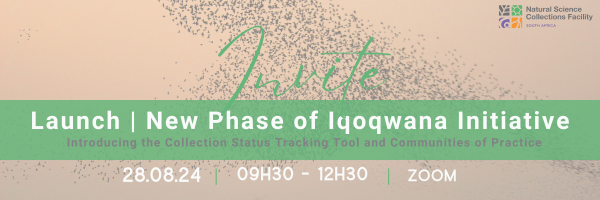
As we transition from the assessment and reporting phase of the Iqoqwana Initiative, we move into a period focused on reflection, action learning, and continuous improvement. As we know, Iqoqwana means “flocking” or “small group” and the Iqoqwana Initiative is aimed at bringing together small groups of people from different collection institutions to work together for the common purpose of learning and improving the state of collections. These groups work together to share knowledge, refine practices, and enhance the preservation of our natural heritage. By building a dynamic network dedicated to ongoing learning, the initiative embodies the principles of Communities of Practice, promoting professional development and best practices in the field.
We are delighted to invite you to the official launch of the NSCF Communities of Practice (CoP), an initiative dedicated to fostering collaboration, knowledge sharing, and professional development among our partner institutions. This launch marks a significant step in enhancing the quality and accessibility of natural science collections, promoting the recognition of African heritage, and driving transformative processes within our field. This event also marks the introduction and launch of the NSCF Collection Status Tracking Tool and Discussion Forum, innovative tools aimed at recording progress made in improving the state of collections and facilitating collaborative efforts through information sharing and meaningful discussions.
What to expect from the event:
-
An overview of the Communities of Practice initiative and its objectives.
-
Introduction to the Tools that will be used in the CoPs: Presentation and demonstration of the NSCF Collection Status Tracking Tool and NSCF Discussion Forum.
-
Interactive Sessions: Community members will review and make recommendations on the CoP, Collection Status Tracking Tool, and the Discussion Forum
-
Networking: Opportunity to connect with colleagues from across the network.
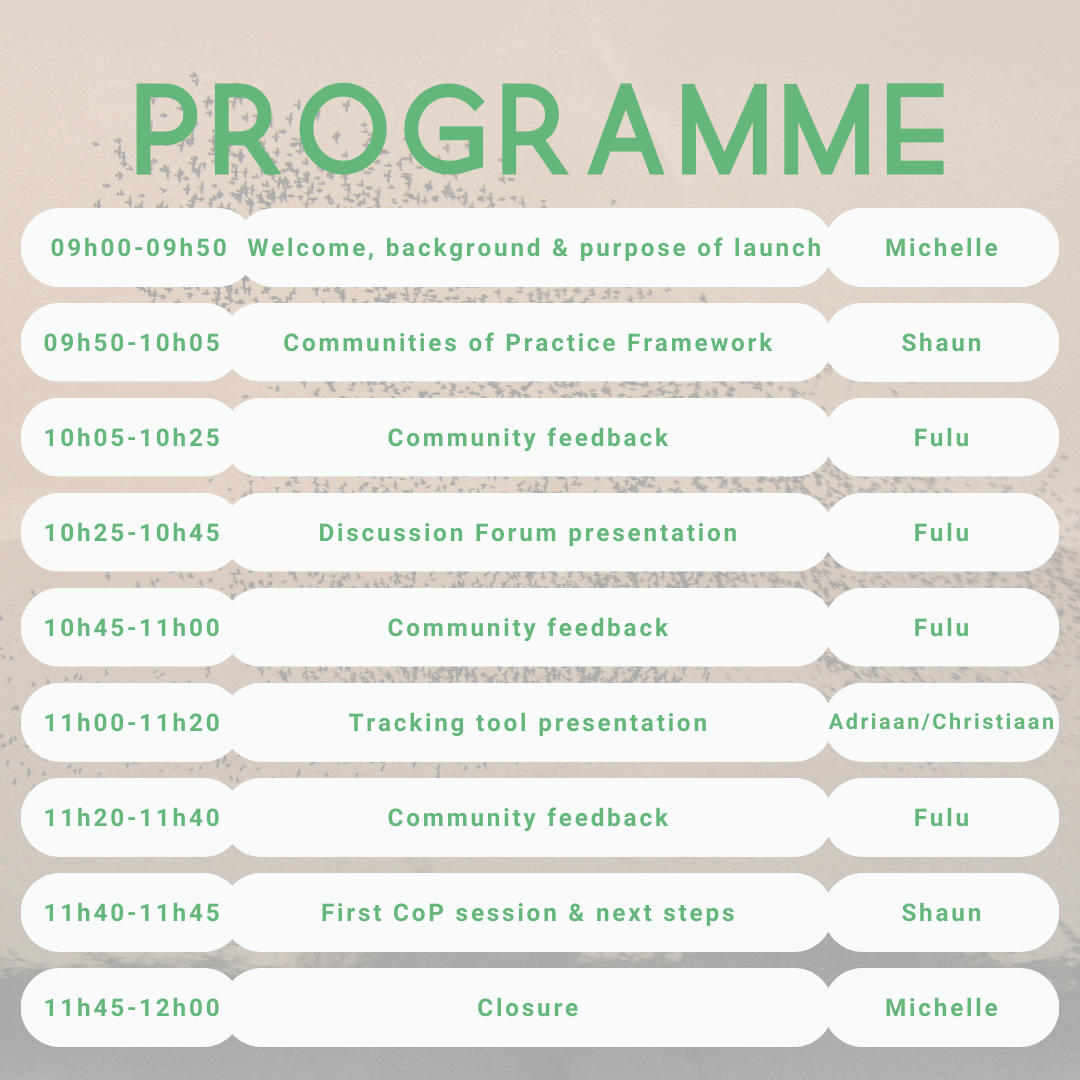
Who should attend:
This event is open to all staff from all levels of expertise working at partner institutions. We especially encourage field experts and senior staff members to attend and share their insights and expertise.
Your participation will be invaluable in achieving the goals of the NSCF and fostering a dynamic and innovative community. We look forward to your presence at this momentous event.
How to register to attend:
Please register to attend here by Friday, 23 August 2024.
For enquiries, contact Shaun Pieterse at s.pieterse@sanbi.org.za.
Counting down to the Next Phase Launch
Day(s)
:
Hour(s)
:
Minute(s)
:
Second(s)
NSCF Collections Assessments Overall Summary Report
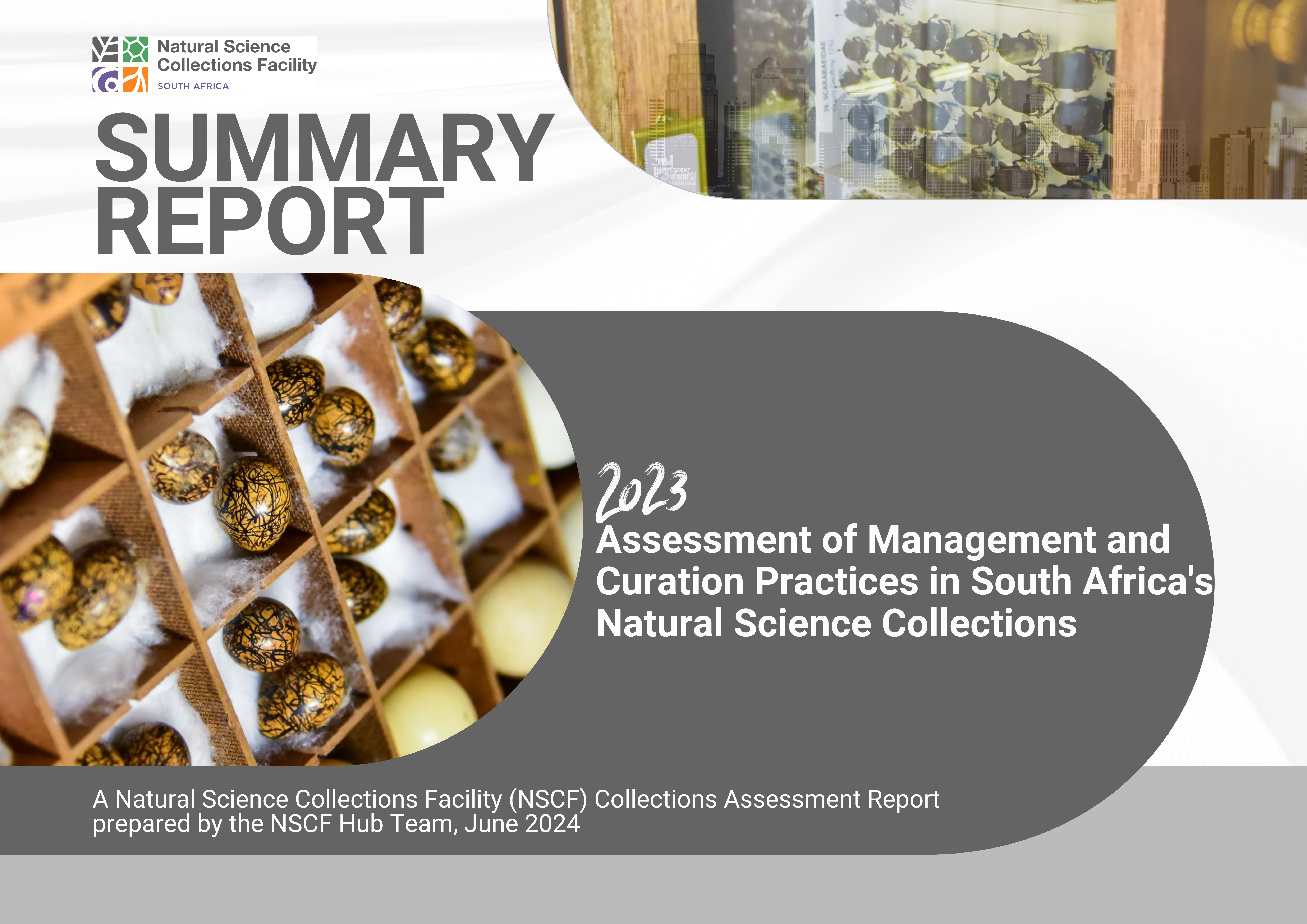
Notices
Timeline: Sense-making Workshops
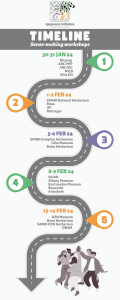
The hub team is hard at work, compiling the feedback reports from the collections assessments that were conducted from April, when you did the self-assessment, to July, when we completed the moderated assessments. You have been patiently waiting for the feedback, and we are happy to inform you that you are most likely to receive your feedback reports starting in mid-January 2024.
Following the release of the reports, regional Sense-making Workshops will be held, taking a similar format to the Orientation Workshops in that they will be contact sessions, and members of the Hub team, together with our organisational development facilitators, will travel to four provinces (Gauteng, Western Cape, Eastern Cape, and KwaZulu-Natal) during Jan/Feb 2024.
Why attend the workshops?
The aim of the workshops is to assist with making sense of what the outcomes of the feedback mean for each collection and institution, as well as for putting together a prioritised plan going forward. Which will get us closer to our shared goal of making South African natural science collections secure and well-curated.
Who should attend?
All role players involved in the care, management, and use of the collections are requested to attend:
- Management personnel
- Director(s)
- Scientists
- Curators
- Collections managers
- Auxiliary services officers
- Collections attendants and technicians
- Preparators
- Data management staff
- And those we haven’t mentioned above
Have a look at the Sense-making Workshop timeline attached above.
Click here to view the timeline.
Timeline/Schedule: Moderated Assessments
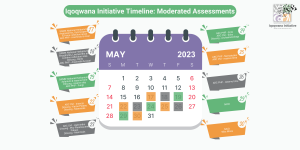
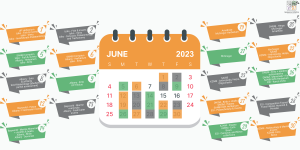
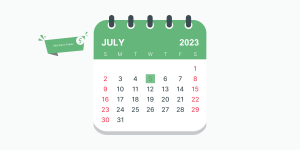
Self-Assessment Questionnaire
Timeline: Self-Assessments
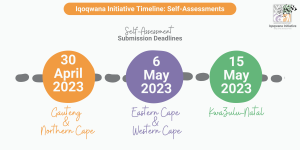
Timeline: Orientation Workshops
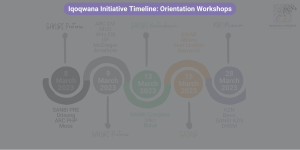
Self-Assessments | Iqoqwana Initiative
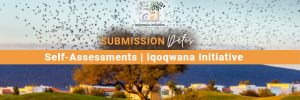
We would like to express our appreciation to the NSCF Community for fully participating and orientating yourselves to the Iqoqwana process and journey, during the regional orientation workshops that took place from 8-28 March 2023.
We took note of all your suggestions and have taken them into consideration, in further planning for the collection assessments.
Virtual Orientation Workshop
Considering the importance of these orientation workshops, we will be hosting a virtual session for those individuals that were unable to attend the physical orientation workshops in their respective regions.
Details
Date: Wednesday, 5 April 2023
Time: 09h30-12h30
Platform: Zoom
RSVP to Shanelle Ribeiro at shanelle@nscf.org.za. You will receive the meeting link after you RSVP.
Iqoqwana Initiative Journey
As indicated before, we will have different stages in this learning journey:
- Orientation Workshops
- Self-Assessments
- Moderated Assessments
- Sense-making Workshops
We have completed the first stage (orientation workshops), and are now busy with the self-assessments. In the self-assessments, you are required to conduct an assessment of your collections, by completing the NSCF Collection Assessment Questionnaire and submitting it by the due date. See the due dates below for the different regions.

Collections Assessments List of Documents
Assessment of certain documents will be done off-site by the moderating team and you are required to submit electronic versions of these documents to the NSCF Google Drive by the self-assessment deadline. Instructions for submission of documents will follow.
| Click here to open the list of documents |
Institutions are to submit their Self-Assessments by…
30 April 2023: Gauteng and Northern Cape
- SANBI National Herbarium
- Ditsong National Museum of Natural History
- ARC Plant Health and Protection
- Wits CE Moss Herbarium
- ARC Onderstepoort Veterinary Institute
- National Institute for Communicable Diseases
- Wits Evolutionary Studies Institute
- UP HGWJ Schweickerdt Herbarium
- McGregor Museum
6 May 2023: Eastern Cape and Western Cape
- SANBI Compton Herbarium
- Iziko Museum
- UCT Bolus Herbarium
- South African Institute for Aquatic Biodiversity
- Albany Museum
- Amathole Museum
- East London Museum
- Bayworld/ Port Elizabeth Museum
15 May 2023: KwaZulu-Natal
- KwaZulu-Natal Museum
- UKZN Bews Herbarium
- SANBI KZN Herbarium
- Durban Natural Science Museum
Collection Assessment Questionnaire Reminders
- Plan time for your self-assessment…you will not be able to complete it in a day or two.
- Use laptops and tablets to easily move with the questionnaire
- Sign into Google/Gmail if you have it, before accessing and completing the questionnaire for the self-assessment
- If sharing a computer you have to submit one assessment before starting the next
- Refer back to the manual if needed
- Ensure that this is a participative, action learning, and capacity development activity, involving the whole team
- When you have submitted your self-assessment, click ‘Edit your response’ and bookmark the page, so you can edit your responses later.
- Be ready for the moderated assessments in May & June 2023
- After the moderation of your self-assessment you will receive an individual report per collection which will be discussed and unpacked at the sense-making workshops in August.
For technical support, contact:
| Click here to open the Collection Assessment Questionnaire |
More information may be found on Iqoqwana Initiative webpage here. For further enquiries about the virtual workshop please contact Shanelle at shanelle@nscf.org.za.
Visit the Iqoqwana Initiative webpage for all collections assessment-related information: https://nscf.org.za/resources/iqoqwana-initiative/
Let us profile YOU | Iqoqwana Initiative
With the collections assessments coming up, and the orientation workshops just a few days away, we would like to profile the people in the collections. The people that are hard at work, making sure that our precious collections are in the best state. The people that will be conducting the assessments and ensuring they are a success.
The profiles will be published as articles on the NSCF mailing list and website, and shared on all social media platforms.
We want to know:
- What’s your name and position, at what institution?
- What does your day-to-day look like?
- What role do you play in the securing of collections?
- What makes collections important/valuable, to you?
- What has been your biggest learning since the beginning of the collection management course up until now (if you have been attending the course or following it)?
- What have you learnt about yourself?
- How does the knowledge that you have gained impact on your future and goals, and those of your institution?
- What are you most looking forward to with the upcoming collections assessments?
- What does the Iqoqwana phenomenon mean to you, personally?
- What challenges are you anticipating to be met with, during the collections assessments process?
- What is that one specific thing or activity that you are doing to prepare yourself?
- What message do you have for colleagues in the NSCF Network?
How to participate:
Answer the questions above (you don’t have to answer all of them) and send them together with a picture of you working in the collection.
How to submit your profile:
- Email Fulu at f.gelebe@sanbi.org.za or fulufhelo@nscf.org.za
- Or WhatsApp Fulu at 0728822332.



